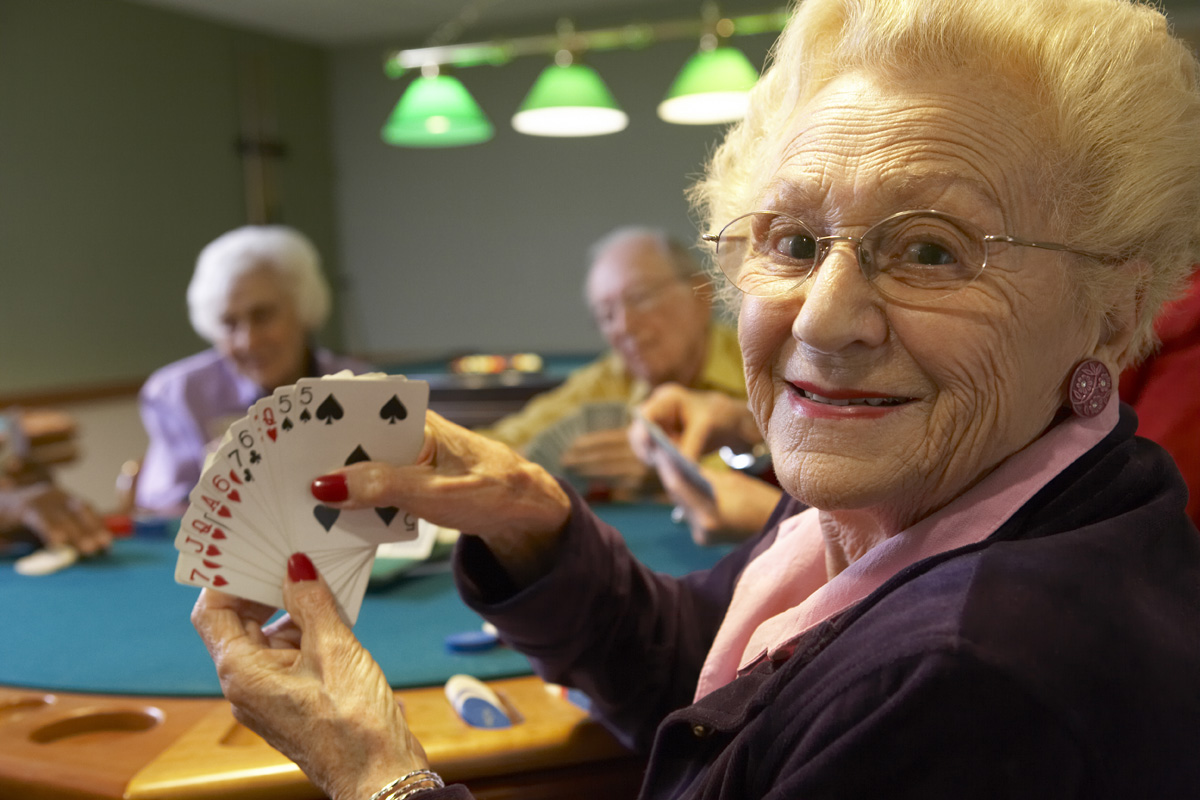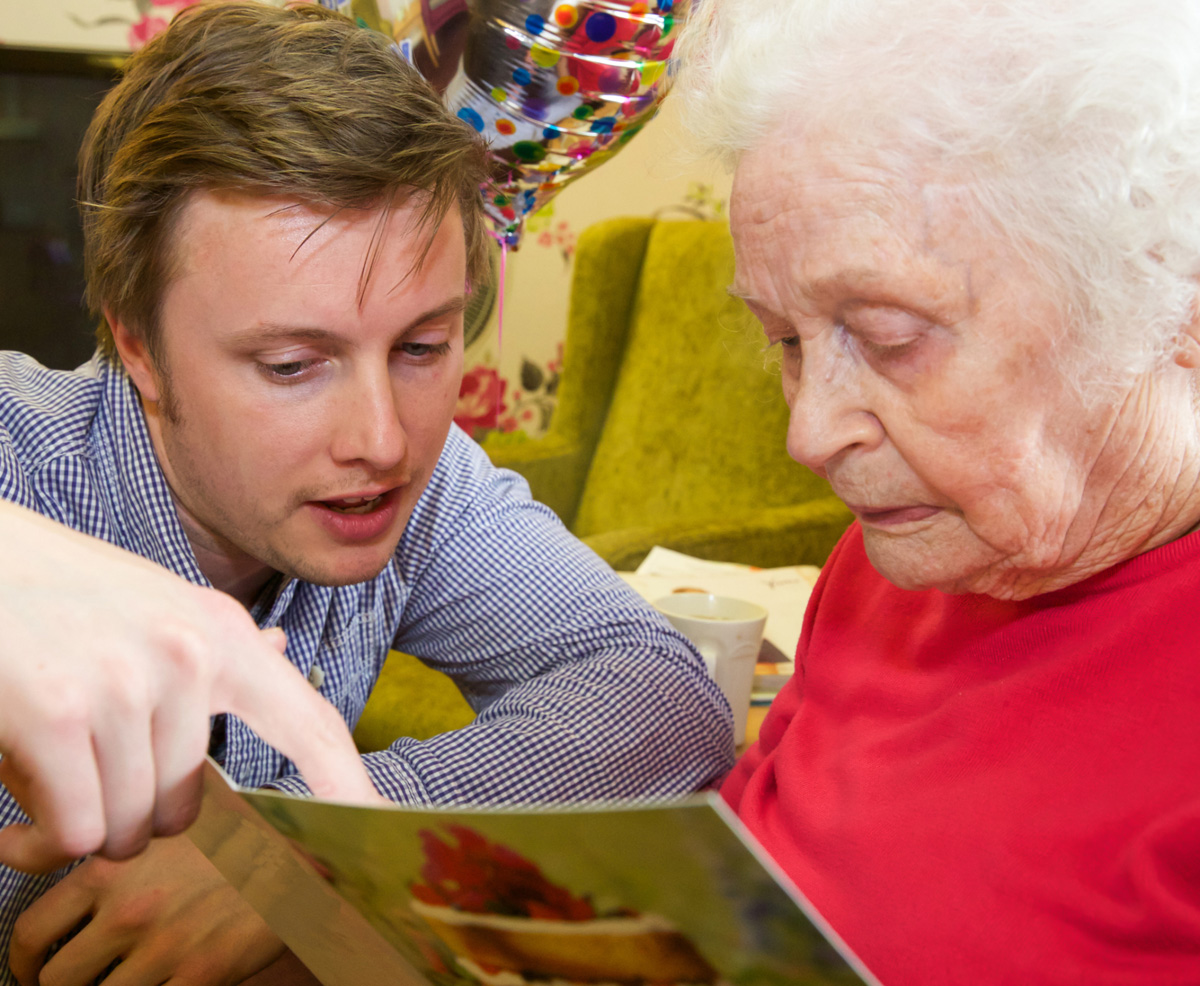Palliative Spiritual Care
Palliative Spiritual Care encourages and facilitates living life fully as long as possible in the ways you find most aligned with your values and goals––your bucket list of things you want to experience, that list of greatest personal hits you want to revisit, or ways you want to contribute to life.
Palliative care is a specialty intended to alleviate symptoms––whether a person is living with a chronic illness, aging, or dying. Physical symptoms often reflect spiritual, emotional, and existential pain/distress. Unresolved spiritual, emotional, and existential issues may precipitate pain and other symptoms.
Palliative Spiritual Care contributes significantly to care given, to how an individual receives and perceives care, and to healthy adjustments in family dynamics. A palliative care chaplain is informed with knowledge of the physical condition as well as the trade-offs inherent in treatment and medication choices, that may or may not align with a person’s new, realistic goals. Spiritual Care holistically cloaks the person beyond the physical, with spiritual, emotional, and existential care.
Nothing hijacks our sense of normalcy and well-being like pain, anxiety, nausea, insomnia, constipation, and exhaustion. These symptoms can drain us of our resourcefulness, resilience, cognizance, and sense of worthiness or of belonging. These symptoms also tell us that things are changing and adjustment is essential. There is no going back, we are called to immerse and transcend. In aging, illness, and dying, transformation is happening whether we want to accept it or not. For many inexperienced with self-inquiry, even questions around the meaning and mystery of life and death can be distressing and painful. For many, the acute awareness of vulnerability, aka mortality, gives rise to a myriad of fears: fear for survival or fear of pain; fear of affairs left undone or family uncared for; fear of unforgiveness; fear of not having lived fully or loved deeply enough.
Importantly, challenging symptoms affect our ability to make decisions, to make our needs known, to integrate our new reality and transition into the life we do have remaining with ease and comfort. The fear under it all, left unaddressed, keeps people from understanding the empowerment of Advanced Directives, of making wishes for care being known, of getting affairs in order, of determining to fulfill one’s life in meaningful ways. Not addressing fears leads to the individual seeking painful/distressing futile treatments, instead of spending time enjoying life’s greatest hits with one’s favorite people.
Not addressing fear limits an easeful, natural experience for the individual, their family, and all their care and service providers.
"Among the most frustrating cases in medicine are those in which pain is wrecking a patient’s life but adequate relief cannot be provided, in part because no anatomical explanation for the pain is apparent." (Gunderman, “Is Suffering the Enemy,” Hastings Center Report, 2002)
As part of a professional, family, or community care team, I provide Palliative Spiritual Care through referrals and direct contact. It can take place in hospitals, physician’s offices, nursing homes, rehabilitation centers, assisted living, or private residences in the community of the Hudson Valley. See Spiritual Care. If your loved one is in this area, and you are at a distance, we can arrange palliative spiritual care through Peace of Mind services.
Supporting the Individual
Palliative Spiritual Care facilitates the adaptation of an individual to their new, and often unwanted or unexpected, frightening reality. Through generative and reflective spiritual care conversation and compassionate interventions, I help generate the curiosity, hope, and courage an individual needs to work through the fear and face an unfolding and uncertain future––what is most important, what needs to be done, and from what resourceful wellspring will it be approached?
I In my experience I have noticed that four threads weave through spiritual, emotional, and existential transformation that occurs through aging, illness, and dying. They are Trust, Pain/Distress Management, Meaning-Making, and Hope. These are the areas specifically addressed with the individual through Palliative Spiritual Care.
Trust
We can no longer trust our bodies, and might not be able to trust our doctors, family, or friends to care for us. We may doubt our own abilities. We may no longer know who or what to trust or what to believe in. In the process questions are brought to light, like “Why me?” and “What have I done to deserve this? Or, where is “God.” “Yaweh,” “Elohim.” “Adonai,” “Allah,”“the Dharma,” “Mohammed,” “Divine,” “Oneness,” etc., in this?
Pain/Distress Management
Personal expectations, cultural behaviors, and spiritual beliefs of the individual and his/her significant others also may contribute to pain or cause challenges in efforts to control pain. I have heard: “In my culture we don’t use pain medication.” “I deserve to suffer.” “I am afraid of [insert religious belief here].” “C’mon, Timmy, act like a man!” spoken to a 5 year old with a fractured hand. Sometimes people are afraid medications will cause addictions or hasten end-of-life. Others fear that they are under-medicated and not receiving optimum care. Still others cultivate overwhelming “break-through” pain/distress as a result of their denial and resistance to planning for their eventual, and absolutely guaranteed, end-of-life that a compromised health condition makes ever more real.
After the basic needs of Trust and Pain/Distress Management are cloaked around the individual, focus shifts to making sense of one’s life––meaning making.
Meaning-Making
Aging, illness, and dying are catalysts for change and transformation into a new reality that demands making a new sense of things. As humans we tend to have the desire to make meaning of our experiences. Often, we seek the meaning of the pain—pain in the moment and throughout our lives. When perceived as “productive” pain is more comfortably tolerated. For example when a mother giving birth expects that it will result in a child. It is “productive pain” for someone at end-of-life who holds a religious conviction in the redemptive value of suffering.
“It is not suffering that destroys people, but suffering without meaning.” (Hastings Center Report 2002)
Through sensitive interventions that align with that unique individual’s values and goals, life’s own stories are revealed, along with what really matters most and what in our life has had most impact in our experience and that of others. What remains to be done and what can never again be done also comes up.
In Palliative Spiritual Care intervention, oftentimes the individual comes to some understanding on their own in the context of being deeply heard. Other types of interventions might include Dignity-Based Therapy (Chochinov et al., 2005; Thompson & Chochinov, 2008); Meaning-Oriented Therapy (Breitbart, 2003); Gratitude (Wood et al., 2010); Forgiveness and Reconciliation (McCullough et al., 2000; Worthington, 1998); Art Therapy, Music Therapy, Journaling, Yoga, Mindfulness, or the individual’s own self-identified resources (Benson, 1975; Kabat-Zinn, 2003); Prayer, Participation in a Faith or other Spiritual Community (Koenig, 2001), or Self-care. These are some of the approaches that a Palliative Spiritual Care chaplain can draw from. Integrated Healing Arts can give expression to non-verbal reflection and revelation.
"For complex spiritual issues, such as need for forgiveness and/or reconciliation of self or others, severe existential distress, or lack of connection or love of others or God (by any name), referral to a professional Spiritual Care chaplain is critical." (Improving the Quality of Spiritual Care as a Dimension of Palliative Care, (Puchalski et al., 2009))
Hope
Once we have renewed Trust, ameliated Pain/ Distress, and transformed through Meaning-Making, then HOPE can reveal itself. We can rest in being heard, in being witnessed, in life having mattered, of having some sense of belonging, of interconnection with each other---and perhaps something transpersonal or larger than ourselves. We may feel uplifted or in a state of allowing. Hope is not experienced by achieving a goal; it is experienced as that expanded-heart feeling of positive possibility.
When we have hope and connect with our personal spirituality, gratitude can arise, along with peace. Our remaining days of life can freely flow with HOPE for having mattered, of legacy, of influence, of being remembered, of having lived fully in our own unique way. We can have HOPE of being fully cared for by loving, dedicated, and wise people. We can HOPE for an easier and most meaningful transition.
Hope helps us go through the spiritual, emotional, and existential pain of aging, illness and our dying with assurance that our bodies know what to do and that our beloved community will support us and remember us.
Supporting the Care Team
As part of the team, the chaplain knows the depths of the individual’s condition holistically, and can also collaborate with a patient’s rabbi, priest, imam, or shaman, if appropriate. This process of compassionate relationship-based care can facilitate an individual’s sense of completion and of legacy, or empowerment, for a unique and generative personal experience.
Palliative care chaplains play a key role in helping other clinicians and the team of carers to learn the skills to communicate about spiritual, emotional, and existential issues with patients and families. One of the strengths of chaplaincy is recognizing both spiritual/emotional/existential well-being and distress throughout the trajectory of care. While the focus is on distress and the treatment for distress, identifying resources of strength are helpful for the healthcare team to support and utilize in the holistic care of an individual.
When to Call for Spiritual Care
- A patient or family is experiencing a crisis of fear, panic, loss of control
- A family meeting is called for with all hands on deck
- A patient codes or dies and the family is alone and anxious
- A patient receives a life altering or terminal diagnosis
- A patient/family verbalizes emotional, existential, or spiritual distress
Distress Indicators: Source: Clinical Presentations of Spiritual Distress (Johnson, 2006).
- Questioning the credibility of one's belief system.
- Demonstrating discouragement or despair.
- Ambivalent feelings (doubts) about beliefs.
- Expressing that he/she has no reason for living.
- Feeling a sense of spiritual emptiness.
- Showing emotional detachment from self and others
- Expressing concern, anger, resentment, fear –– over the meaning of life, suffering, and death.
- Requesting spiritual assistance for a disturbance in belief system.
- Inability to practice usual religious rituals.
Please connect with me for a free initial consultation about your needs––now and in planning for the future.











